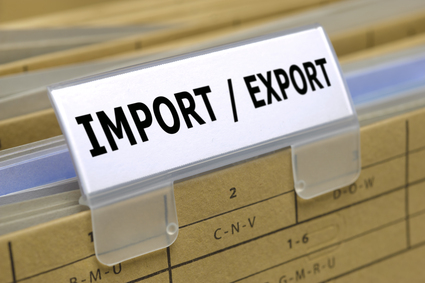An International Chamber of Commerce (ICC) survey, released today, highlights common impediments to cross border trade that can be taken into consideration by governments and policymakers worldwide when determining what can be done to facilitate the flow of goods across borders thereby contributing to global economic growth.
While recognizing that the survey results are neither statistically valid nor entirely representative of the hundreds of thousands of organizations that trade globally, the survey does much to reveal a set of common prerequisites – such as predictability, reliability and consistency – that international traders seek.
With 88% of respondents involved in import and export or trade in services (including freight forwarding, transportation and third party logistics), the survey reveals a need for greater capacity building, in particular through education and making information more easily available, to ensure that both traders and border control officials follow proper international trading procedures. The survey results also serve to illustrate the need for an effective customs-business dialogue at national level to find ways to lessen delays in trade processes and shorten release times, as called for by ICC.
An initiative of Anthony Barone, Chair of the ICC Commission on Customs and Trade Facilitation, the survey coincides with a number of international developments seeking to facilitate trade and simplify border procedures. These include the conclusion of a multilateral agreement on trade facilitation at the 9th Ministerial Conference of the World Trade Organization in December 2013, and the ongoing negotiations of the Trans-Pacific Partnership Agreement, the Trans-Atlantic Trade and Investment Partnership and the Regional Comprehensive Partnership Negotiations.
ICC hopes that the survey results will provide useful insights into grassroots border barriers and impediments, as identified by economic operators.
The trade barriers survey What border barriers impede business ability? is the latest ICC tool to provide business perspective on practical measures to advance trade facilitation. Other tools include the ICC Customs Guidelines, and the ICC Guidelines for Traders launched in 2013.
Through ICC’s World Trade Agenda initiative, in partnership with the Qatar Chamber of Commerce and Industry, the ICC global network rallied to help secure agreements in Bali, including a deal on trade facilitation, which according to an ICC-commissioned study could inject up to US$1 trillion into the global economy and create 21 million new jobs. In 2014, ICC will provide global business support for trade facilitation implementation efforts following the Bali accords, and make further proposals towards a post-Bali trade and investment policy agenda.
To read the results of the survey, please visit our document centre.







